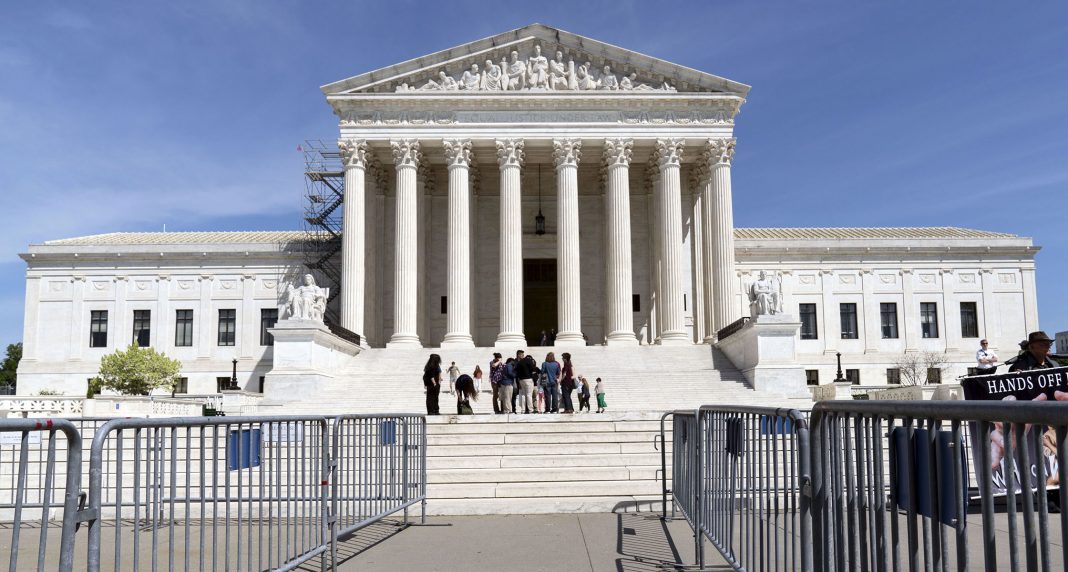 Households Urged to Submit Energy Meter Readings to Avoid Overcharging
Households Urged to Submit Energy Meter Readings to Avoid Overcharging
As energy prices dropped on Monday due to Ofgem’s lowered price cap, nearly 11 million households are being urged to submit their energy meter readings to avoid being overcharged. Price comparison website Uswitch.com has warned that those without smart meters may have some of their new usage charged at the old rates if they fail to send their readings by Monday.
Ben Gallizzi, an energy expert at Uswitch.com, emphasized the importance of submitting readings before or on July 1st to ensure accurate billing. Delaying the submission could result in estimated energy usage and higher charges under the previous rates. Gallizzi advised making this a monthly habit for billing accuracy.
According to Uswitch’s calculations, the average household’s energy bill is expected to be £83 in July, a significant decrease from £127 in June. This reduction is attributed to lower energy rates and decreased usage. However, if nearly 11 million homes delay submitting their readings, it could result in a total loss of £30 million, with an average difference of £2.78 per home.
In light of these changes, Gallizzi also advised households to shop around for better energy deals to beat the predicted price hike in October. Ofgem’s price cap, adjusted every three months, is determined based on the maximum amount energy suppliers can charge per unit and the estimated annual household energy consumption.
From July 1st, the price cap has been reduced by £122, from £1,690 to £1,568. While this represents a significant decrease from its peak of £4,279 in Q1 of last year, it is still 23% higher compared to winter 2021 when energy prices began skyrocketing. Experts predict another price increase in October, with estimates ranging from £150 to £1623.
Craig Lowrey, a principal consultant at Cornwall Insight, cautioned future governments to proceed with caution when making changes to energy bills. He highlighted the potential winners and losers that can result from such reforms. Lowrey suggested engaging in greater discussions on other reforms, including social tariffs, which could contribute to lower bills in the long run. He also called for transparency regarding long-term investments in low-carbon energy sources.
In conclusion, it is crucial for households without smart meters to submit their energy meter readings before or on July 1st to avoid overcharging. The lowered price cap by Ofgem presents an opportunity for reduced energy bills, but failure to submit readings may result in estimated usage and higher charges. Additionally, households are advised to consider shopping around for better energy deals to prepare for the predicted price hike in October. Future governments should approach energy bill reforms cautiously and engage in discussions about social tariffs and long-term investments in low-carbon energy sources. By taking these steps, consumers can ensure accurate billing and potentially lower energy costs in the future.


